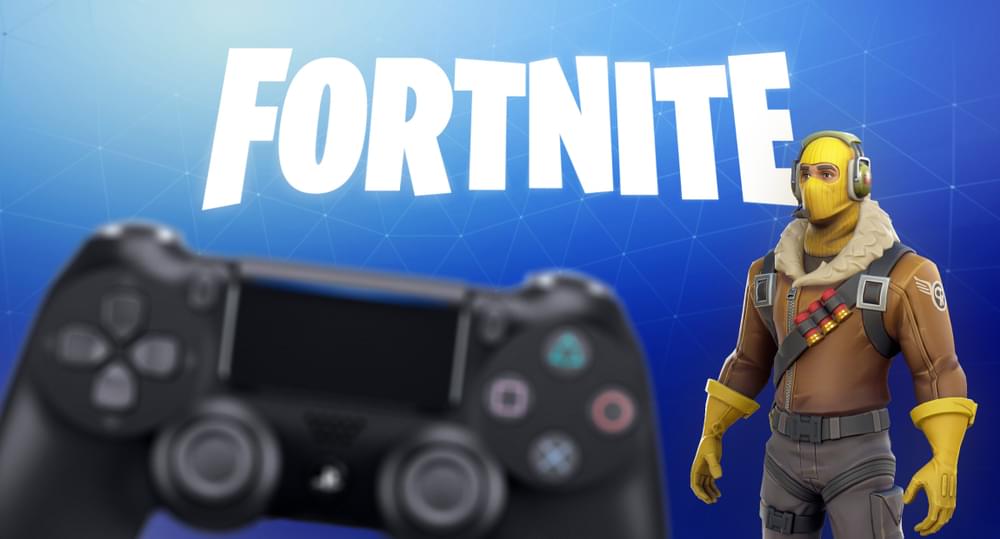photo credit: Edmund O’Connor // Shutterstock
Over the past few months, the creators of Fortnite, Epic Games, have had a fair share of lawsuits come their way.
They are currently being sued by 2 Milly, the Backpack Kid and Alfonso Ribeiro for using their dances in the Fortnite game without permission.
Epic Games has urged a judge to dismiss the case with 2 Milly and his “Milly Rock” dance saying in their defense, that the “Milly Rock” is too simple to be protected by copyright. Adding “No one can own a dance step,” the motion reads, because “individual dance steps and simple dance routines are not protected by copyright, but rather are building blocks of free expression.”
In Fortnite, the “Milly Rock” is known as the “Swipe It.” Epic Games argues that the context of the two dances are totally different: while Ferguson used “Milly Rock” moves “while listening and dancing to music with his friends, “Swipe It’s” role in Fortnite is to allow players to express themselves on the battlefield.”
They even submitted a written step-by-step write up of the two dances to show how different they really are, including that the “Milly Rock” is performed at a “significantly quicker” tempo. This may be a key to the case since 2 Milly claimed that Epic Games copied his dance frame by frame, even though, its pretty clear to gamers that the dances are very, very similar.
In a statement, 2 Milly’s lawyers claim that the dance in question is choreography and therefore protectable. “It is obvious that Epic took 2 Milly’s dance and sought to profit off of it,” David Hecht, of the law firm Pierce Bainbridge Beck Price & Hecht, said. “Epic is essentially talking out of both sides of its mouth in its motion to dismiss: it argues that, one the one hand, the ‘Swipe-It’ emote is not the Milly Rock (which is ridiculous, as fans have long recognized the emote is a copy of Milly’s signature dance) but it also argues that, on the other hand, even if it is Milly’s dance, it is not protectable. Regarding latter point, the law is clear that dance choreography is protectable under the Copyright Act.”
In the case of Alfonso Ribeiro and the “Carlton Dance,” a registration specialist for the U.S. Copyright Office told Alfonso’s attorney that the actor’s bid to lock down the rights to the dance is being denied. The copyright pro said Alfonso’s moves amount to nothing more than a “simple dance routine.”
This all boils down to, can someone own or copyright a dance.
Written by Clarke Jones
